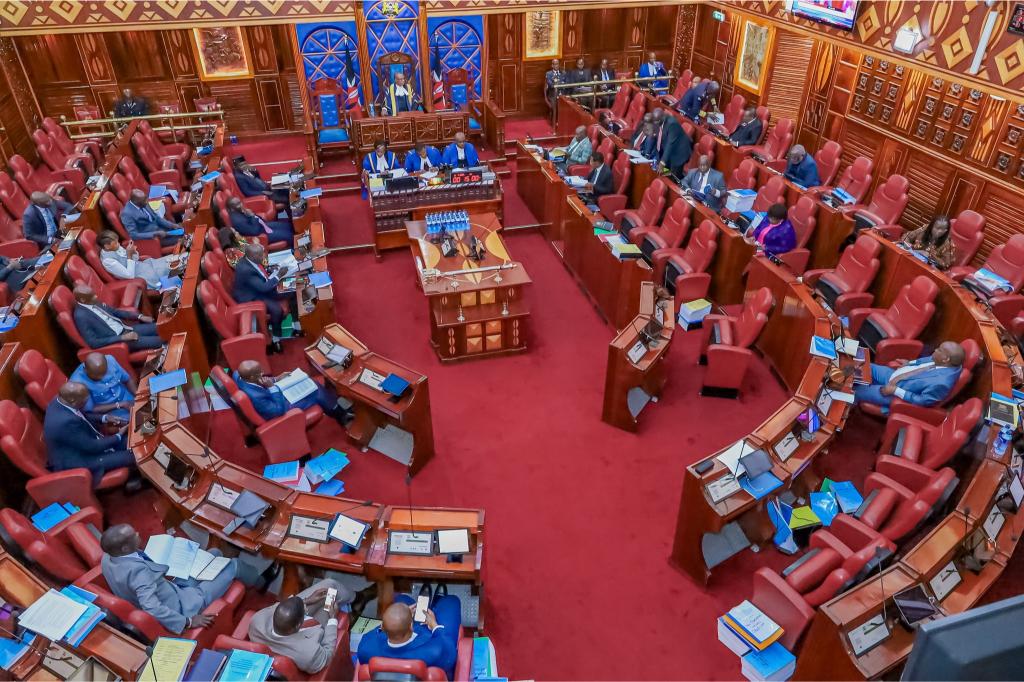Senate legal committee rejects bid to scrap public vetting timelines

The proposal triggered sharp exchanges during the committee’s deliberations, with several senators warning it could undermine accountability and open the door to backdoor appointments.
A Senate committee has rejected a proposal that sought to eliminate the strict 28-day period within which Parliament is required to vet and approve nominees for public appointments, describing the move as risky, unconstitutional, and prone to abuse.
The Senate Justice, Legal Affairs, and Human Rights Committee, led by Wakili Hillary Sigei, dismissed the proposed changes contained in the Public Appointments (Parliamentary Approval) (Amendment) Bill, 2025, sponsored by Senator Okong’o Mogeni.
The bill had aimed to repeal three key provisions: the 28-day deadline for vetting, the clause that leads to automatic approval when Parliament fails to act within that time, and the National Assembly’s ability to extend the timeline.
The proposal triggered sharp exchanges during the committee’s deliberations, with several senators warning it could undermine accountability and open the door to backdoor appointments.
Senator Tom Ojienda was among those who opposed the changes strongly.
“I totally reject this proposal. This works in the USA and South Africa because they have political responsibility, something we lack here. Depending on a nominee’s perceived affiliation, they may never be vetted. We don't want a situation where people are appointed by default.”
Senator Daniel Maanzo criticised the bill as ill-intentioned and argued that deadlines are necessary even in the highest courts.
“Even the Supreme Court has timelines. Without them, a nominee could automatically be appointed without scrutiny. The Senate should be involved in vetting, not just the National Assembly.”
Senator Maina also raised alarm over the legal and constitutional implications. “Timelines are embedded throughout our Constitution. Removing them here is both dangerous and ill-informed.”
Despite the strong opposition, not all committee members shared the same view.
Senator Raphael Chimera backed the proposed changes, saying, “This proposal deserves a chance.” Senator Mogeni defended his bill, stating, “Yes, the Constitution provides timelines, but it is silent on how long Parliament should take to legislate.
That discretion lies with us as lawmakers.”
After weighing all arguments, the committee voted to reject the bill and is expected to forward its official position to the Speaker of the Senate by July 31, 2025, in line with Standing Order 130.
